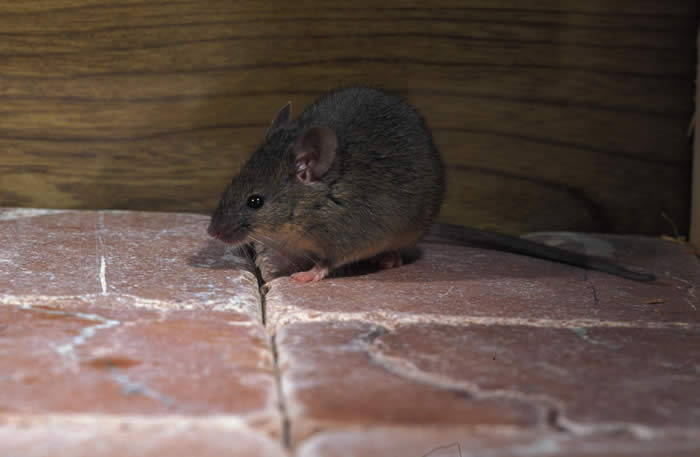Having live mice in your home is bad enough, considering the diseases they may spread and the extensive property damage they can cause. If a mouse dies in your home, it is not much better, because the decomposing body can cause a horrible stench. Professional mice removal services in Oakville not only help to prevent property damage and disease, but also reduce the chance of a mouse dying in your home, meaning that you don’t have to deal with the smell. However, if you have already had a mouse expire in your home, here is some guidance about how to deal with it.
What Does It Smell Like, and How Do You Know It’s a Mouse?
A decomposing mouse body gives off a number of noxious gases, including ammonia, methane, and thiols. The smell has been compared to rotting cabbage. If you’ve smelled it before, you’ll never forget its sour aroma and the oppressive way it hung in the air.
Mice are not the only animals that may make a nest in your home and potentially die there. They are among the most likely culprits as they often actively seek homes in human habitations and reproduce quickly. If it is a question of mice vs rats, the only difference may be that rats are larger than mice, so the smell may be worse and linger for a longer time. However, do not underestimate the amount of smell that a tiny decaying mouse body can produce.
How Do You Locate the Dead Mouse?
This can be tricky as the decaying carcass may be inside the wall where it is nearly inaccessible. While the smell usually fills up the entire space of a room, it may be perceivably stronger the closer you get to it. Therefore, if you follow your nose, it may at least point you in the right direction. At that point, you can start looking for it in the places mice are most likely to be, such as; around pipework, under furniture, and behind large appliances. Check unused or utility spaces, such as the basement and the attic as well. Mice are more likely to make their homes in places where your family doesn’t go very often, and the smell may permeate the walls to affect the living areas of your home.
How Do You Dispose of the Dead Mouse?
Once you find the carcass, you must dispose of it carefully. If there are mouse droppings in the vicinity, they may still contain hazardous pathogens, such as hantavirus. Dangerous bacteria may be present in the mouse’s body due to the decomposition process. Avoid any direct contact with the mouse’s body or its droppings by wearing rubber gloves and a face mask. Place the mouse’s body in a sealable plastic bag, taking care not to let the excess air out of the bag when closing it. Throw away any contaminated objects that cannot be cleaned in a separate bag and disinfect the area using a bleach solution or another household disinfectant. Throw away the bag containing the mouse’s body, and the one containing the contaminants in a larger bag, then tie it and take it outside. Clean your gloves with disinfectant, then throw them away.
How Do You Get Rid of the Smell?
Once the mouse’s carcass has been disposed of, the smell should gradually go away on its own. You can help it along by ventilating the house, burning incense, and putting fresh-ground coffee in strategic locations around the house. It may also help to give your house a deep cleaning, including deodorizing fabrics and sanitizing surfaces.
Mice Removal in Oakville With Decontamination
The worst part of a dead mouse may be that it signals an even bigger problem of mice inside your home. Skedaddle not only removes mice humanely from your home, but decontaminates the areas where they have been, removing the smell and the threat of infection. Find out more about the animal control services we offer in Oakville.



